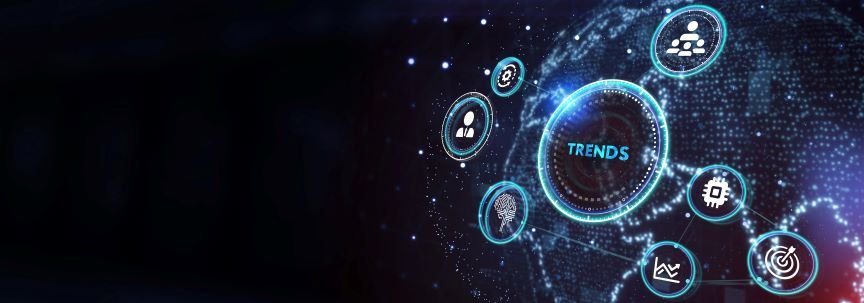In the last 5 months, I have not had a call from a person who is unemployed. Not one. (The unemployment rate for management and professionals was 1.9% in November. BLS.gov)
I have had many calls from people who are employed and dissatisfied with their jobs. Until early November it was at least one a week, with more in September into early October.
All of those calls were from people working completely or largely remotely. Their complaints were about bosses, management and co-workers’ dysfunction and bullying. The callers work in organizations we respect in our community.
I think a few things are happening. One is, when we do not have people around us to share what’s happening, or roll our eyes and then make eye contact with, we feel alone. We don’t see hands who will help us. There is no one who saw what we saw – or who sees us as worthy. We’re on our own, and feeling more like victims than we would have otherwise felt. And we truly are on our own.
The pandemic has turned out to be a time of long reflection. It’s like a giant mid-life transition. Those of you who have journeyed through mid-life career changes know you reflect on everything - making changes in your outlook and priorities, setting up your (and maybe your family’s) freedom in the future.
As a nation we’ve been reflecting on racism, bullying, mental health issues, rights to health, health care and association, gaslighting, and incomprehensible violence. We’ve been lamenting lies in our news. It’s overwhelming. And it looks like our inner resources were all spent in the first year of the pandemic. I hope we are setting up for freedom in the future. Yet, we’re dealing with trauma primarily by ourselves.
We cannot escape being in the context of our nation. In our homes, when our families are ok, we turn our attention to priorities in our work. Sometimes, the bullying and dysfunction we’ve experienced have been enormous and unbearable all along. We’ve been tolerating the intolerable. Getting distance helps the caller see it for what it is – unhealthy to keep on trying to bear.
I must say, by staying in the job until they find a new one, some professionals are deciding to keep on tolerating the intolerable. And it impacts their health. I once had a client die from staying in a job too long. There were other contributors to his death, but that is definitely what happened. I’ve worked with many other clients who got sick from working toxic situations.*
When you are sharing the ridiculousness around you with others, it is somewhat less unbearable - though the complaining may become constant among your work group, intensifying the attachment but not lessening the stress and disdain people feel for their boss, coworkers, or organization.
What’s interesting to me is that all the callers expressed the same level of dissatisfaction, and all are basically alone in their work, even if they’re surrounded by family and even if they have daily Zoom meetings and good bosses.
As far as I can tell, the tasks of mid-life are for everybody in mid-life, job seeker or not. They are assessing and straightening out
Physical and mental health
Our roof and everything under it: Household (including good, accurate financial tracking.)
Our significant relationship with whom we are building the future
Family relationships, including missing or estranged relatives
Resentments
Many times job seekers will work on this list from the top down, which is appropriate and grounding in reality. As you have experienced, all of the areas need to be addressed for the new job to come in.
While working remotely during the pandemic, many people are working on this same list like a giant mid-life transition for the country. So what is it about working remotely that is having such a negative impact on people’s opinions of their jobs? Are they truly addressing what has been missing in their lives? In many cases a resounding Yes! Finally! is in order.
But in other cases,
I believe not being near enough to flesh and blood people is weakening our immune systems and physical strength. We’re not sharing and lightening stress, we’re just reporting it.
One of the benefits of getting together with people is you can find yourself. I want to acknowledge my friend, Quinn, who encouraged me to simply talk, or write, to you. We had a cup of tea last night in my living room with the windows open and I woke up with this message on my mind this morning.
I’m making plans to be with people again. And I hope you make plans, too, to be in person with people who care about you.
Take care and stay well,



